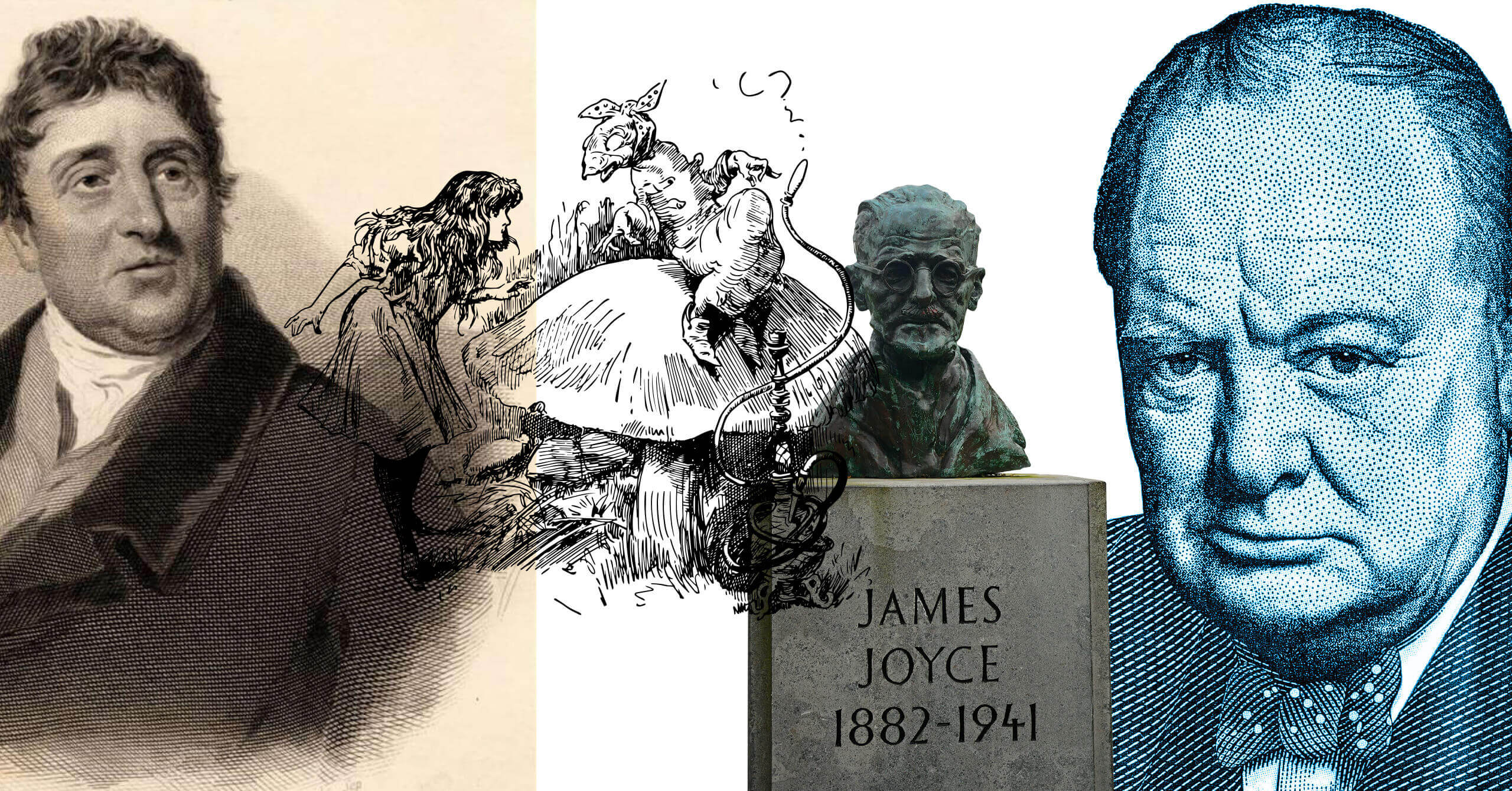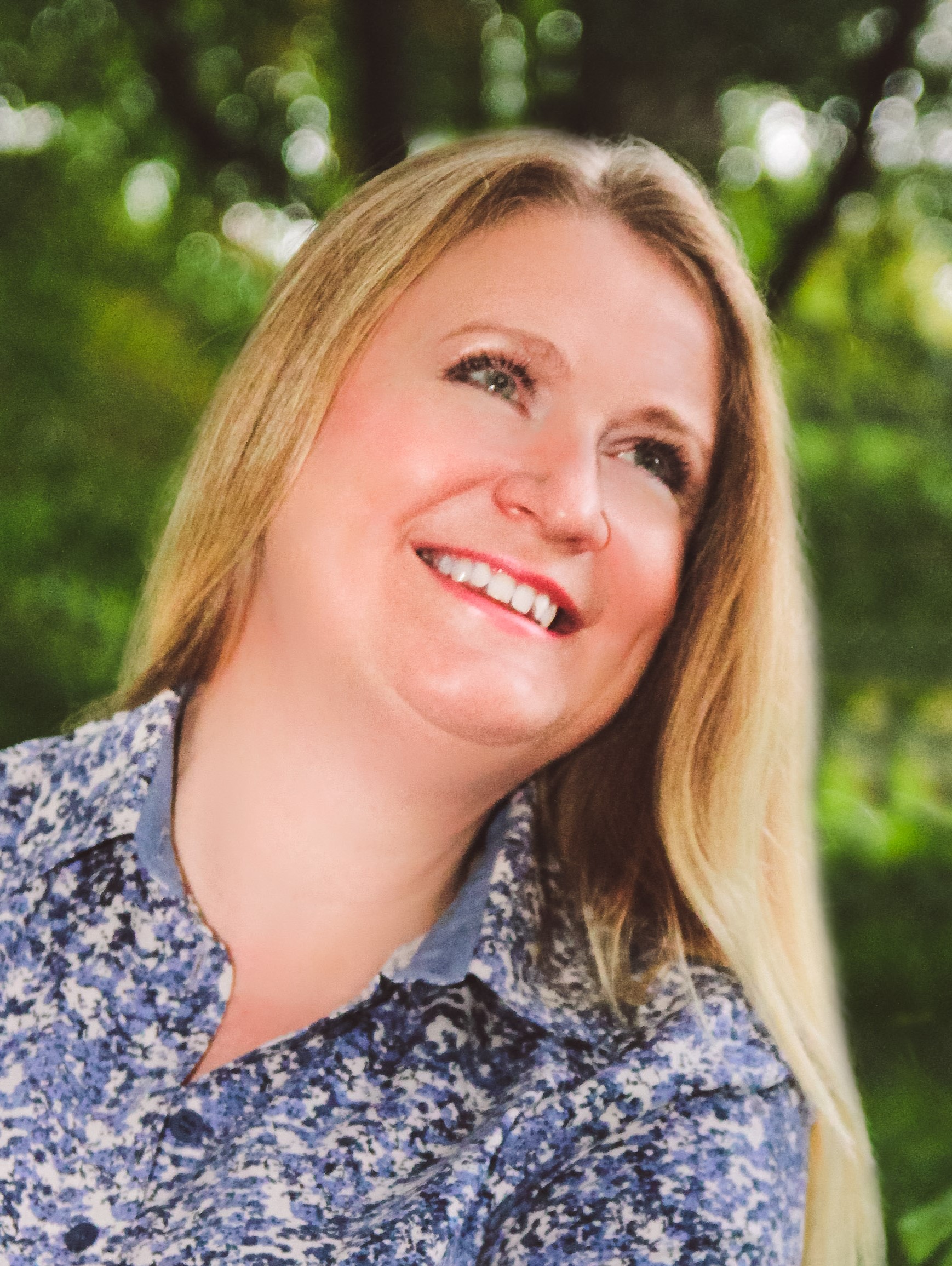It sounds simple right? First rule of bid writing. However, so many of my clients ask for help because answering the question doesn’t prove as easy as it first sounds. Especially when multiple questions are all twisted together into one – very long – sentence. Plus, when you’re relying on subject matter experts to write the answers, you don’t always get back what you need.
Do you recognise any of these characters from your recent bid?
- Winston Churchill: answering the question they wished the client had asked
- Alice in Wonderland: diving down rabbit holes while avoiding answering the question
- Thomas Telford: “I’m an engineer, not a writer!”
- James Joyce: stream of consciousness narrative provider
Yep, they’re there – lurking in your organisation, all busy with their day jobs. Being faced with a complex question and a blank sheet of paper, doesn’t always inspire – it tends to intimidate. So, what can we as bid professionals do to a) get the high quality responses we need and b) allow our SMEs to do what they do best? I’m fairly sure there are complex solutions out there using AI and harnessing the power of algorithms but…
…I use a simple matrix. Word for preference; Excel doesn’t play nicely for narrative.
Before I send the question to my SMEs (and risk overwhelming them), I break the question down into a matrix. This ensures we are aware of any multiple parts to a question. I put in a column for ’What?’, ‘How?’, Why?’, ‘So what?’ and ‘Where have we done this before?’. I ask them for data, facts and evidence, all in a bullet-pointed format. I send them just the matrix – with the actual question in the email for completeness.
Then I have a quick call with them (where possible) to explain what they’ve received and that:
- They don’t need to write continuous prose
- Bullet points are fine
- Grammar is optional
- Punctuation is my problem
They are usually so relieved that I get the data tables back on time. I can easily spot where we’ve not answered the question or provided enough evidence because there will be a blank box on my matrix. This approach means it doesn’t matter if I have domain knowledge or not because, for a first draft, an absence of information will let me know that we haven’t answered the question.
Once I have all the pieces, I can assemble the jigsaw myself.
Dr. Karen Croshaw
Karen has been involved in bidding and tendering for nearly 25 years, firstly with universities and training providers, then in large private sector organisations. She now runs her own successful freelance bid consultancy. Her consulting career spans public and private sector bids including government frameworks, nuclear, rail, road, construction, digital, defence, healthcare and skills. She has strong Middle East bid/project delivery experience gained by living and working in the UEA, Saudi Arabia and Oman, where she also trained and qualified as a scuba instructor.

